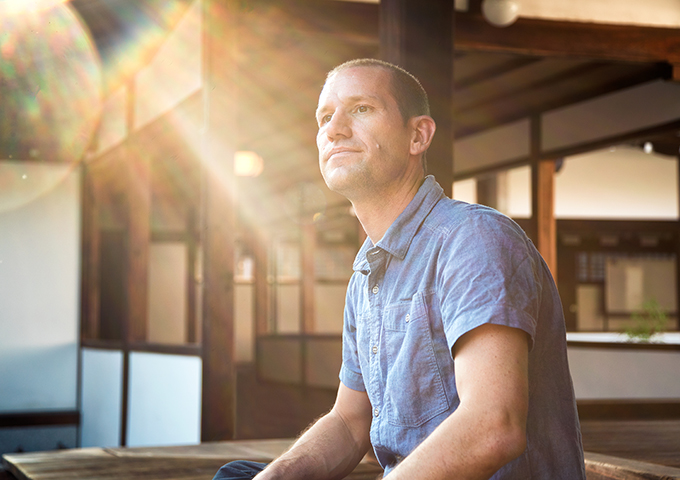Understanding verbal abuse
Many relationships face conflict, but how do we know when the problem is more serious? Read on to understand what constitutes verbal abuse, learn key signs to look for, and how to get help.
Read moreInformation and support on staying safe from domestic and family violence including: safety at home, having an escape plan, safety after separation, safety in public or at work, safety on the Internet.

The following Safety Plan is adapted from the Domestic Violence Resource Centre – they have many resources for people escaping domestic and family violence.
Remember you can always call MensLine Australia on 1300 78 99 78 or 1800RESPECT on 1800 737 732
In an emergency, please call 000.
If you’re experiencing family or domestic violence you can call MensLine Australia on 1300 78 99 78, access online counselling or visit 1800RESPECT.
In an emergency, call 000 immediately.
Many relationships face conflict, but how do we know when the problem is more serious? Read on to understand what constitutes verbal abuse, learn key signs to look for, and how to get help.
Read more
The Violence Prevention Program is part of the Changing for Good service and is for men who are worried about their thoughts and behaviour escalating to physical violence.
Read more
The Post-Men’s Behaviour Change Program is part of the Changing for Good service and is for men who have completed a Men’s Behaviour Change Program (MBCP) in the last 12 months.
Read more
Domestic and family violence can take many forms – it can include many different types of behaviour including emotional, physical, sexual, spiritual and verbal abuse. One form of domestic violence which is often overlooked is financial abuse.
Read more